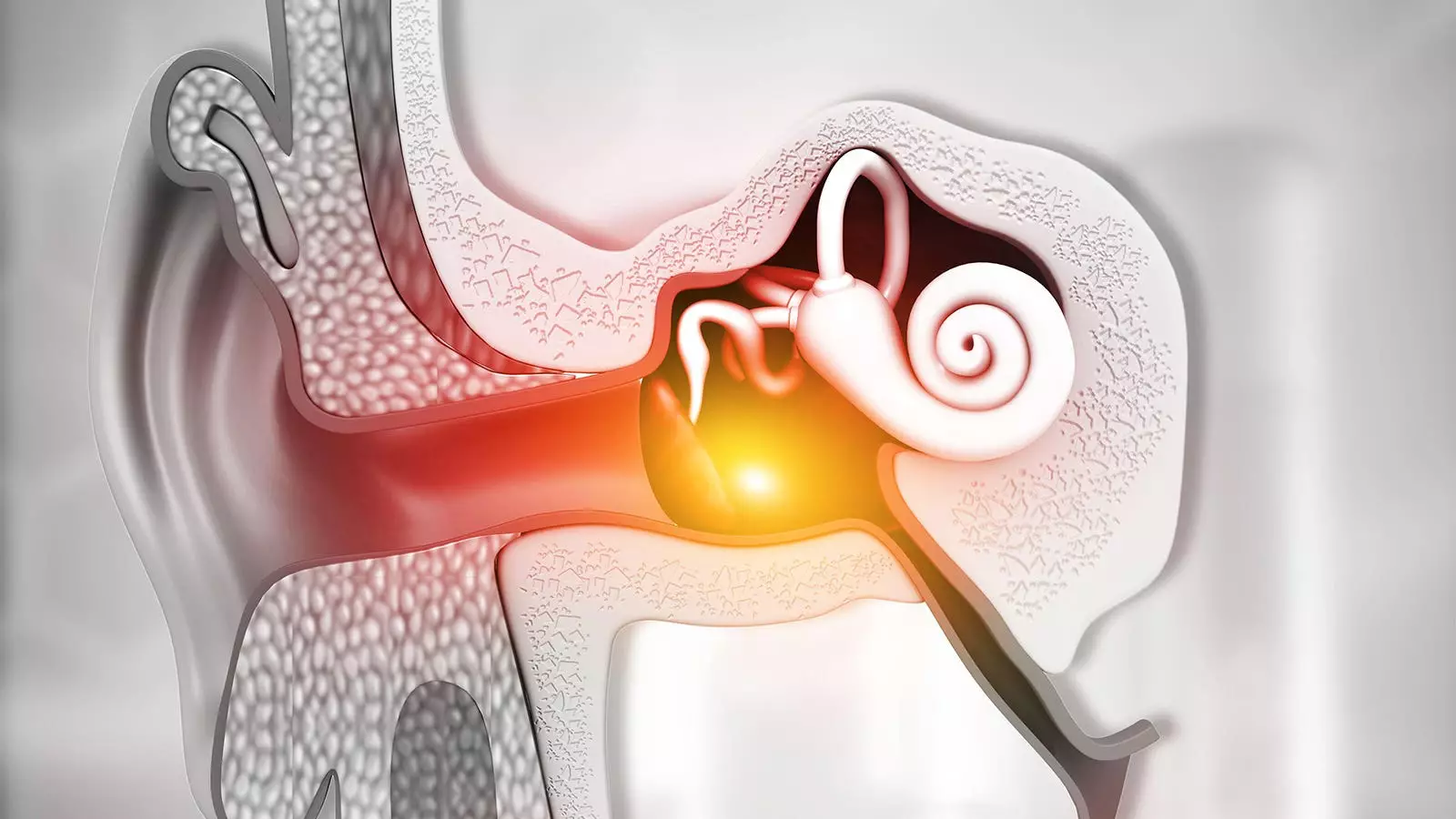Hearing loss, commonly attributed to aging, environmental factors, or occupational hazards, has emerged as an alarming potential risk factor for neurological conditions such as Parkinson’s disease. Recent research analyzing extensive medical records from U.S. military veterans highlighted a compelling association between varying degrees of hearing loss and an elevated risk of developing Parkinson’s disease. This study, conducted by Dr. Lee Neilson and his team from Oregon Health & Science University, underscores the need for increased awareness and proactive measures concerning auditory health in older adults.
Over an average follow-up period of 7.6 years across a staggering sample size of 3.6 million veterans, the analysis revealed a pronounced correlation between hearing impairment and the onset of Parkinson’s disease. Specifically, it was discovered that the severity of hearing loss corresponded to an escalating risk factor for Parkinson’s, illustrating a dose-dependent relationship. This connection persisted even after accounting for a range of variables, including age, comorbid conditions, and prior traumatic occurrences, emphasizing the robustness of the findings.
The quantitative data presented by Neilson et al. holds critical implications. The analysis established that individuals with mild hearing loss had 6.1 additional Parkinson’s cases after ten years when compared to those with normal hearing. This figure increased notably with the severity of hearing loss; moderate loss showed an additional increase of 15.8 instances, moderate-to-severe loss 16.2, and severe-to-profound loss 12.1 per 10 years. Such statistics illustrate that even minor auditory impairments can carry significant long-term ramifications, warranting further exploration into preventative measures.
A particularly striking aspect of the study was the reassurance brought to those who utilized hearing aids after their initial audiogram. When these devices were used within two years of diagnosis, there was a noted decrease of 21.6 cases of Parkinson’s disease over a decade. These findings point towards the potential of early intervention not only to ameliorate hearing loss but also to possibly slow down or deter the onset of neurodegenerative diseases like Parkinson’s.
Extending the analysis beyond mere observations of isolation, Neilson advocated for a proactive public health strategy that encompasses routine hearing evaluations and timely intervention with hearing aids. The research concludes that for every 462 veterans treated with hearing aids following an abnormal hearing assessment, just one case of Parkinson’s disease could potentially be prevented over the span of ten years. While the anticipatory mechanism by which hearing aids may influence the risk of Parkinson’s is still under study, the evidence strongly suggests that addressing hearing loss can be a pathway to neurological health preservation.
Moreover, the study’s acknowledgment of latent variables such as unrecorded ototoxic drug exposure points to the ongoing complexity in understanding this connection. Although the data serves as a foundation for addressing auditory health more proactively within the context of neurological risk factors, it simultaneously illustrates the need for further research into the multifaceted nature of hearing impairment and its broader health implications.
While the findings from this extensive investigation are profound, they are not without limitations. Being primarily composed of U.S. military veterans—predominantly white and male—raises questions about the generalizability of the results to broader demographic groups. The potential for unmeasured confounding factors, coupled with the inability to explicitly identify physiological pathways connecting hearing loss and Parkinson’s disease, necessitates a cautious interpretation of the findings.
The study presents an urgent call to acknowledge hearing loss as a significant component in the conversation regarding Parkinson’s disease risk. It becomes increasingly clear that addressing auditory impairments could represent a pivotal preventative measure against the development of neurodegenerative diseases. As the medical community continues to investigate these connections, there lies an opportunity to integrate hearing health as a fundamental aspect of overall wellness, particularly in aging populations. The link between hearing loss and Parkinson’s disease reinforces a forthcoming necessity for screening programs and therapeutic interventions, aiming to safeguard neurological health and improve quality of life among older individuals.


Leave a Reply